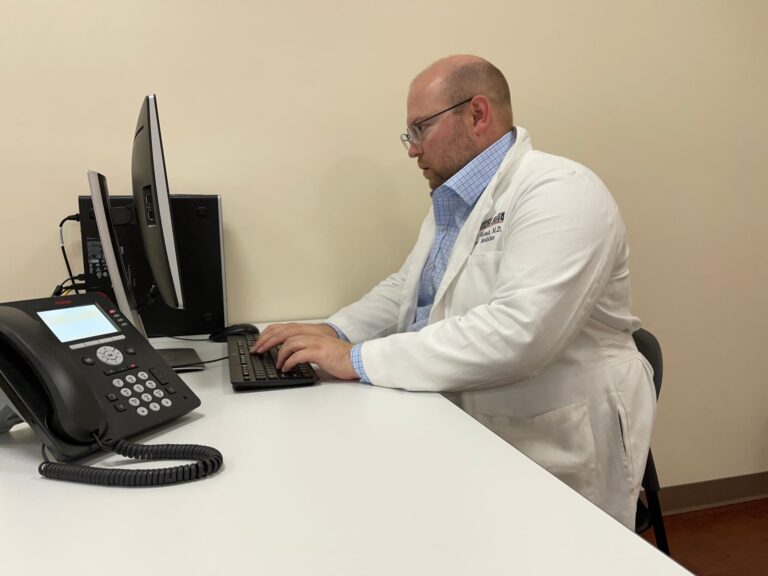Embarking on the journey to become a medical professional is a monumental decision that warrants careful consideration. Selecting the right medical school is paramount, as it will shape not only your future career but also your personal growth outside the realm of academics. In this article, Dr. Philip Sobash offers valuable tips and advice to help you make an informed choice that aligns with your aspirations.
Class Sizes: Striking the Perfect Balance
One crucial factor to assess when evaluating medical schools is the class size. Both excessively large and overly small class sizes can have an impact on students’ academic performance. Optimal class sizes typically range from 20 to 30 students per class. This allows instructors to dedicate more time and attention to each individual student while still fostering a collaborative learning environment with plenty of interaction among classmates in their respective groups or sections.
Location: A Key Determinant of Success
Dr. Philip Sobash highlights the significance of the school’s location in influencing the success of your medical education. Given the substantial time students spend within the school’s vicinity, access to nearby amenities such as grocery stores, restaurants, parks, and other essential facilities can significantly ease daily life, especially for those living off-campus without readily available transportation options.
Pre-Med Programs: A Stepping Stone to Success
Many universities offer specialized pre-med programs that allow students to prepare for medical school while still in college. Enrolling in a pre-med track is particularly advantageous for students who have already decided on a medical career path. However, it can also benefit those who are exploring the idea of becoming a doctor or surgeon.
Through pre-med programs, students receive tailored coursework specifically designed to prepare them for medical school. These classes often cover subjects such as biology, chemistry, and physics, focusing on topics like anatomy and physiology. Additionally, students learn how to craft compelling personal statements for their medical school applications. These statements play a vital role in the admissions process, enabling applicants to articulate their motivations for pursuing a medical degree and showcasing their interview strategies for potential classmates during orientation week before the start of their freshman year.
Accreditation and Reputation: The Seal of Quality
When evaluating medical schools, always prioritize those with proper accreditation from reputable bodies. Accreditation ensures that the school meets specific standards of educational quality and clinical training. Moreover, consider the reputation of the medical school and its affiliated hospitals, as it can have a significant impact on your future career prospects and the quality of your training.
Research Opportunities and Specializations
For students with specific medical interests or career goals, exploring research opportunities and available specializations at different medical schools is crucial. Some schools may offer research programs or clinical rotations in areas that align closely with your passions, enabling you to gain valuable experience and expertise in your desired field of medicine.
In conclusion, selecting the right medical school is a pivotal step towards achieving your aspirations of becoming a successful medical professional. By considering class sizes, location, pre-med programs, accreditation, and research opportunities, you can make an informed decision that sets the foundation for a fulfilling and accomplished career in medicine. Dr. Philip Sobash valuable insights serve as a guiding light on this transformative journey towards realizing your dreams in the world of medicine.
